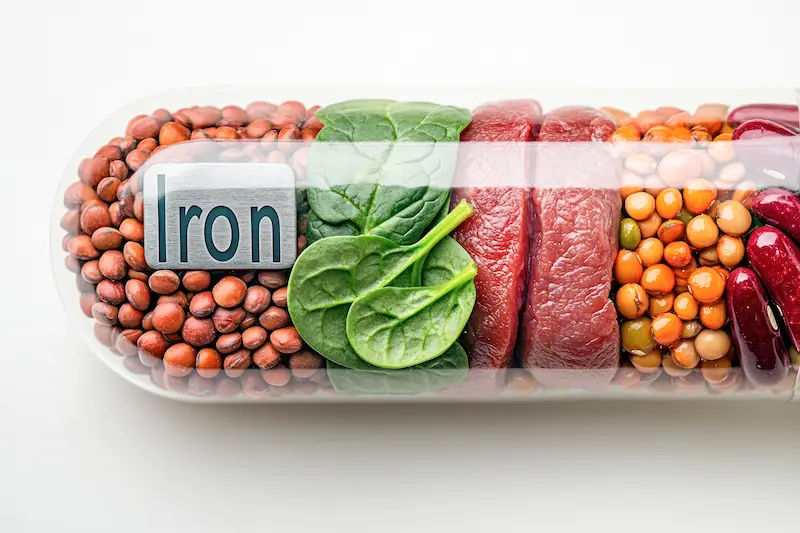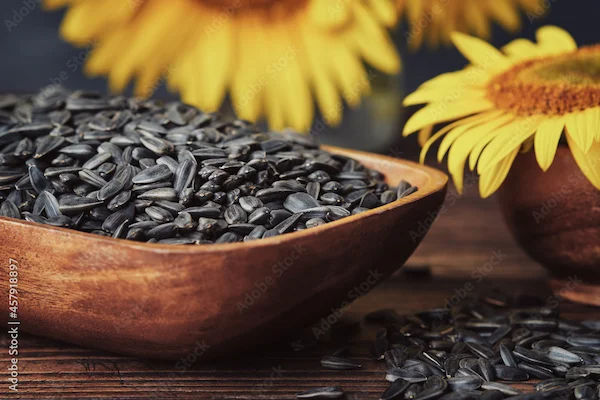Balanced Diet Chart Overview
Learn what a balanced diet really means with this simple guide. Explore food groups, daily portions, and healthy eating tips to boost your overall well-being.

Written by Dr. J T Hema Pratima
Reviewed by Dr. Rohinipriyanka Pondugula MBBS
Last updated on 30th Jul, 2025

Eating a balanced diet is one of the best ways to stay healthy, feel energetic, and prevent diseases. But with so much information available, it can be confusing to know what a "balanced diet" really means. This article will break it down in simple terms, helping you understand what to eat, why it matters, and how to create a diet plan that works for you.
What is a Balanced Diet?
A balanced diet means eating a variety of foods in the right proportions to provide your body with all the essential nutrients it needs. These nutrients include:
Carbohydrates: For energy (e.g., whole grains, fruits, vegetables).
Proteins: For muscle repair and growth (e.g., lentils, eggs, fish, chicken).
Fats: For brain function and energy (e.g., nuts, seeds, olive oil).
Vitamins & Minerals: For immunity and overall health (e.g., leafy greens, dairy, fruits).
Fiber: For digestion (e.g., whole grains, vegetables, legumes).
Water: For hydration and body functions.
A well-balanced diet helps maintain a healthy weight, keeps your heart strong, improves digestion, and boosts immunity.
Why is a Balanced Diet Important?
Eating the right mix of nutrients helps:
Prevent diseases like diabetes, heart disease, and obesity.
Boost energy levels and improve mood.
Support growth and development in children and teens.
Maintain a healthy weight by avoiding excess sugar and unhealthy fats.
Improve digestion with fiber-rich foods.
A Simple Balanced Diet Chart
Here’s a general guideline for daily food intake based on Indian dietary habits:
1. Whole Grains (6-8 servings/day)
Examples: Brown rice, whole wheat roti, oats, quinoa, millets.
Why? They provide long-lasting energy and fiber.
2. Proteins (2-3 servings/day)
Vegetarian: Dal, beans, paneer, tofu, sprouts.
Non-vegetarian: Eggs, fish, chicken (lean cuts).
Why? Essential for muscle repair and immunity.
3. Fruits (2-3 servings/day)
Examples: Banana, apple, orange, berries, guava.
Why? Packed with vitamins, minerals, and antioxidants.
Consult a Top Nutritionist for the best advice
4. Vegetables (3-5 servings/day)
Leafy greens: Spinach, kale, methi.
Other veggies: Carrots, broccoli, bell peppers.
Why? Rich in fiber and essential nutrients.
5. Dairy or Alternatives (1-2 servings/day)
Examples: Milk, yoghurt, cheese, almond/soy milk.
Why? Good for bones and teeth (calcium & vitamin D).
6. Healthy Fats (Small portions daily)
Examples: Nuts (almonds, walnuts), seeds (chia, flaxseeds), ghee, olive oil.
Why? Supports brain health and hormone balance.
7. Hydration (8-10 glasses of water/day)
Why? Helps digestion, skin health, and energy levels.
Foods to Limit or Avoid
Here are some food items that we should have a control on:
Excess sugar (sweets, sugary drinks): Can lead to diabetes.
Processed foods (chips, instant noodles): High in unhealthy fats and salt.
Fried & oily foods: Can increase cholesterol levels.
Too much caffeine/alcohol: Affects sleep and digestion.
Tips for a Healthy Eating Routine
For a healthy eating routine, follow these tips:
Eat home-cooked meals: They are fresher and healthier.
Portion control: Avoid overeating even healthy foods.
Eat slowly: Helps digestion and prevents overeating.
Include variety: Different foods provide different nutrients.
Plan meals ahead: Helps avoid unhealthy last-minute choices.
When to Consult a Nutritionist?
If you have:
Diabetes, high blood pressure, or cholesterol.
Digestive issues (bloating, acidity).
Weight management concerns.
Special dietary needs (pregnancy, fitness goals).
A nutritionist can help create a personalized diet plan based on your health needs.
Need Help with Your Diet Plan?
If you’re unsure about what to eat or need expert advice, you can consult a nutritionist on Apollo 24|7. They can guide you with a customized diet plan based on your health goals.
Conclusion
Eating a balanced diet doesn’t mean giving up your favorite foods, it’s about making smarter choices most of the time. Small changes, like adding more vegetables or choosing whole grains, can make a big difference in your health. Start today, and your body will thank you!
Consult a Top Nutritionist for the best advice
Consult a Top Nutritionist for the best advice
Dr Sumanth R
General Physician
2 Years • MBBS
Bengaluru
PRESTIGE SHANTHINIKETAN - SOCIETY CLINIC, Bengaluru
Dr. Sasikamalam
General Practitioner
1 Years • MBBS
COIMBATORE
Apollo Sugar Clinic Coimbatore, COIMBATORE

Dr. Ramalinga Reddy
General Physician
5 Years • MBBS MD General medicine
Bengaluru
PRESTIGE SHANTHINIKETAN - SOCIETY CLINIC, Bengaluru
Ms. Bhavana Shetty
Dietician
7 Years • DDHN & Masters in Clinical Nutrition & Dietetics
Bangalore
Apollo Sugar Clinic, Seetha circle bangalore, Bangalore
Dt. Ila Sharma
Clinical Nutritionist
18 Years • Master in food & Nutrition
Gurugram
VIPUL GREENS - SOCIETY CLINIC, Gurugram




